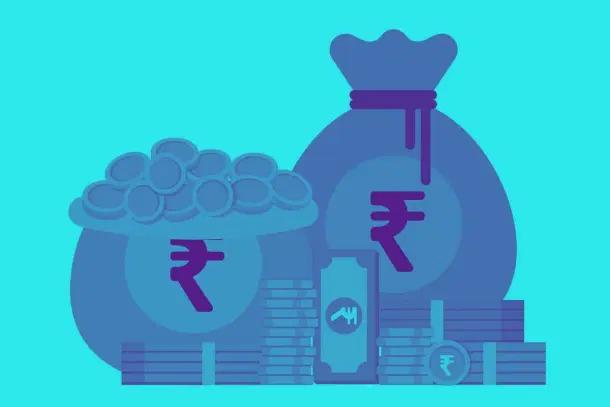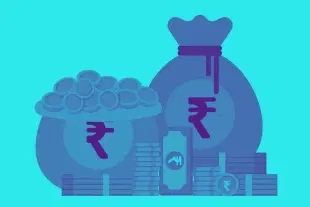Business
In Charts: Maharashtra, Delhi And Karnataka Power India's Soaring Direct Tax Collections
Swarajya Staff
Dec 20, 2022, 02:53 PM | Updated Dec 21, 2022, 07:07 AM IST
Save & read from anywhere!
Bookmark stories for easy access on any device or the Swarajya app.


The gross direct tax collection between April and November of the current financial year (2022-23) has already crossed Rs 10.93 lakh crore which represents a 29.66 per cent increase over the gross direct tax collections for the corresponding period of the previous financial year (2021-22), Union Minister of State for Finance Pankaj Chaudhary said in a written reply to a question in the Lok Sabha on Monday (19 December).
Direct taxes includes corporate tax, personal income tax (PIT), Securities transaction tax (STT), Capital gains tax, and Dividend distribution tax (DDT) .
The gross direct tax collections for FY 2021-22 (upto 30.11.2021) was at Rs 8.43 lakh crore.
Given the tax collection momentum in the current financial year, the government is set to easily meet the budgetary estimate target of Rs 14.20 lakh crore for collection of direct taxes for FY 2022-23.

The government also provided details of total direct tax ( gross and net) collection for the last three financial years.
Further, the minister also shared the details of direct taxes collected by government, State/UT-wise for last three years.
Maharashtra, Delhi and Karnataka are the top three states, respectively, in terms of net direct tax collections from FY20 to FY22.
Other states that made to the top-ten positions in the net direct tax collection list include Gujarat, Tamil Nadu, Andhra Pradesh, West Bengal, Haryana, Uttar Pradesh and Telangana.

The minister further said that the government has undertaken several steps to make the system of direct tax collection more effective, including measures to curb tax evasion and widen and deepen the tax base, promotion of voluntary income-tax compliance through easing of compliance for taxpayers, and promotion of digital transactions to create less cash economy among others.





